#Science of Reading
Explore tagged Tumblr posts
Text
Curious about the literacy crisis in the US?
Taking a break from my regular fandom-centric posts to share this. If you're from the United States, you've probably heard of or witnessed the literacy crisis we are currently experiencing. There is a lot of discussion surrounding the causes of this. Covid, technology, failing schools, and TikTok have all been blamed.
But our literacy crisis didn't just begin in 2020. It's been happening for a very long time. Right now, only about 30% of 4th graders are reading proficiently. And another ~30% can't read at all. Roughly 22% of adults in the U.S.A. are functionally illiterate. What on earth is happening? If this has been going on for decades, TikTok can't be to blame.
Keep reading below the cut for a podcast recommendation about this topic.
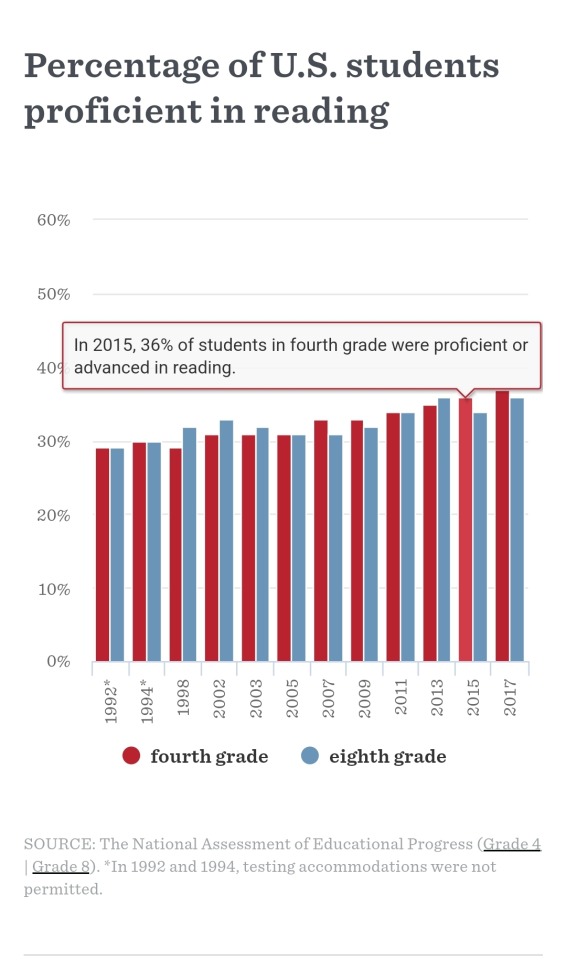
Source
Emily Hanford, an education journalist, has been following this story for quite some time. One of her most valuable articles, titled "Hard Words: Why Aren't Kids Being Taught to Read?" was published in 2018 and can be found here. It made the details of the literacy crisis well-known and accessible to parents and the public. Here's a snippet from the article:
The teachers were talking about how kids should attack words in a story. When a child came to a word he didn't know, the teacher would tell him to look at the picture and guess. The most important thing was for the child to understand the meaning of the story, not the exact words on the page. So, if a kid came to the word "horse" and said "house," the teacher would say it's wrong. But, Harper said, "if the kid said 'pony,' it'd be right because pony and horse mean the same thing."
Harper was shocked. First of all, pony and horse don't mean the same thing. Second, the idea that you look at pictures and guess when you don't know a word seemed odd to her. "I wouldn't have been able to use that strategy at the secondary level," she said. There were no pictures in the books her high school students read.
If you're a proficient reader, you should be shocked, too. Guessing words based on the pictures? That is NOT reading. And yet, it is one common tool of an instructional method called the theee-cueing system. This method is dangerous and harmful to students who are at risk for poor reading or who have learning disabilities such as dyslexia.
But there is a better way!
In 2022, APM Reports produced a limited podcast titled Sold a Story, in which Emily Hanford discovers the widespread literacy crisis and its causes. Hanford also shares about a ln approach called structured literacy, which is an approach based in the science of reading. The process of learning to read has been heavily studied by educational researchers and neuroscientists alike, and so we know what instructional methods work! Sadly, the research has not made it any to every classroom. But Sold a Story is looking to change that.
The original podcast was 6 episodes long with two bonus episodes being released the following year. Sold a Story is releasing two more episodes, the first on Thursday, April 4, 2024. I highly recommend listening if you are a parent, teacher, or know a child in the public education system. This podcast will shock you, but I hope it will also provoke you to take action.
The only way to help our children read is to know better and do better. And that starts with knowing better.
If you have any questions, feel free to ask. I am a reading specialist with an endorsement in dyslexia intervention, so this is a topic about which I am very passionate.
15 notes
·
View notes
Text
I’m not sure how to widely news about “the science of reading” circulates outside of those working in K12 education, but if you learned to read in 1990s or 2000s in American schools, you may find the recent history of reading pedagogy really interesting/infuriating.
(Podcast)
(Article)
15 notes
·
View notes
Text
Summer Series of Saves: Dr. Candy
The “Reading Wars” confused the boogers out of me. I was encouraged to listen to “Sold a Story” by Emily Hanford, and was completely befuddled over…what? Three cueing what? Fountas & Pinnell were just writers of leveled texts, and I had no idea that phonics wasn’t being taught in some districts, etc. I haven’t listened to the podcast since my first listen, but I remember the overall sense that…

View On WordPress
2 notes
·
View notes
Text
youtube
how did you learn to read?
I was told to use context clues a lot and memorize sight words. I can read very quickly and process what I read. But I can't spell at all. There are a lot of words I struggle to say, and reading out loud is a trial.
0 notes
Text
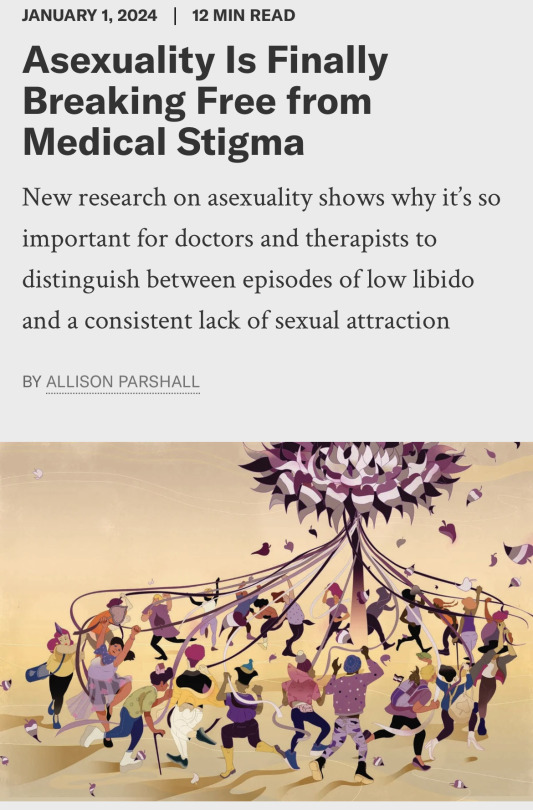
ACES!!! Look at this Scientific American article!!! It makes me genuinely so happy to read. We’re making it!!!!
https://www.scientificamerican.com/article/asexuality-is-finally-breaking-free-from-medical-stigma/
#asexual#demisexual#ace pride#queer#lgbtq#aromantic#aroace#GUYS READ IT PLEASE IM SO HAPPY!!!#update y’all check notes for the time traveling! I’m very honored ppl think I’m some ace time traveling god though. just for science article
44K notes
·
View notes
Text


more art for the last chapter of differential burdens in displacement! i couldn't resist the siren call of viktor teasing jayce at the end~
#jayvik#fic: differential burdens in displacement#i am....done? finished????#this has been a months long brainworm and i think i've finally scratched the itch hahaha#THANK YOU EVERYONE WHO HAS FOLLOWED ALONG ON THE INDULGENCE#now i can give attention to some of the other ideas i've had rattling around#no idea if it'll be more fic or art or what but i'm sure regardless of form it will be terrible self serving uwu#peace and love and science gays be upon ye#yallstart#arcane#i am going to read so much Other People's fic now bc it's MY TURN
5K notes
·
View notes
Text
hey I wrote a blog post about this
learning that apparently several hundred people have been pronouncing 'miette' as 'mighty' has actively worsened my day

34K notes
·
View notes
Text
HETEROSEXUAL CIS-PEOPLE LOOK HERE
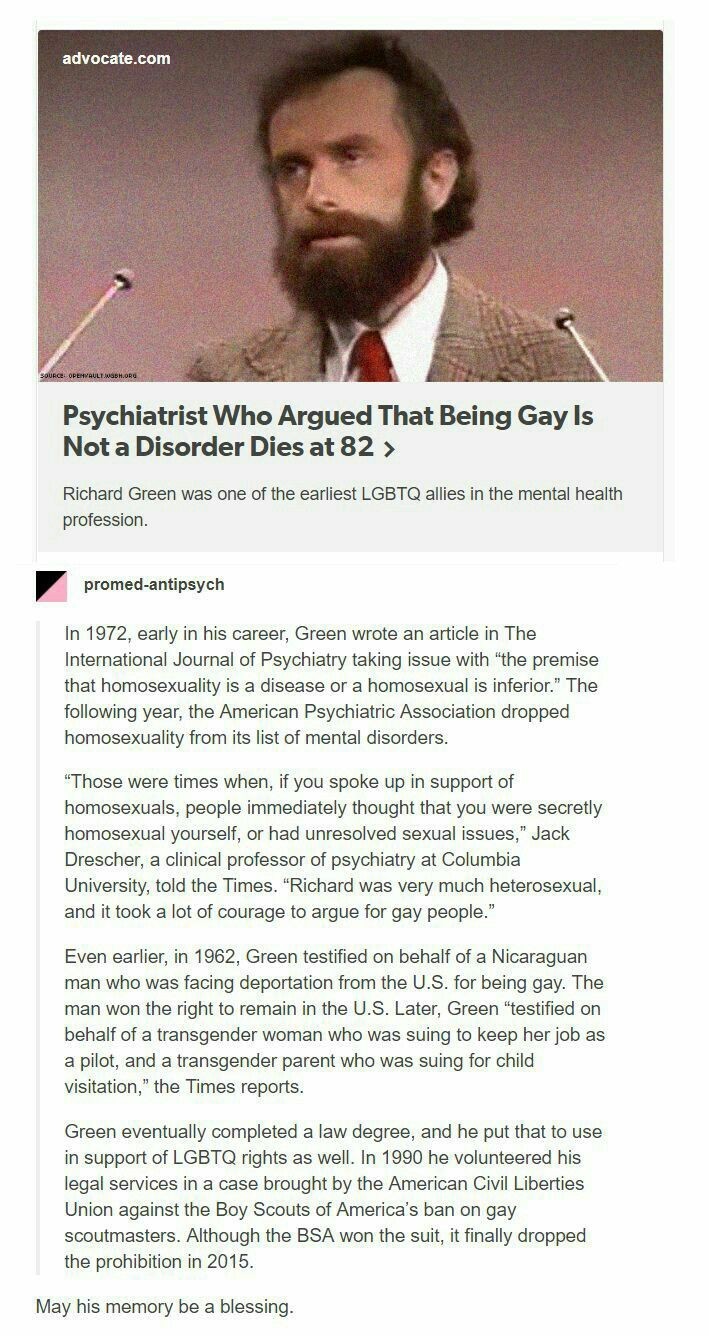
Snaps my fingers at you as you scroll past this post
Look at me. Listen.
I'm not the best at serious posts, but that article up there reminded me of how important it is that people like you stand up for us. So hold on while I try to get this out of my mushy end-of-work-day brain.
We could fight this fight ourselves for decades trying to reach the equal laws, gender affirming trans healthcare that doesn't have a 2-5+ soul-eating years of waiting time, medical care with equal knowledge of lgbtqia+ bodies, and, what is often forgotten, inclusion in the little everyday areas of life like our way of speaking or things being set up or designed with the existence of queer people in mind.
But you joining in could get us there so much faster.
The power you have as a hetero cis person is that you set the standard for what is seen as the average way of treating us among other hetero cis people. You have been given the power of deciding what's "normal" and I'm begging you to use it.
Richard Green is a great example of to what extent your actions can help our situation, and smaller ways of support still add up to a great impact on society, and could make the days of the queer people you interact with.
Educate yourself before you speak up, but don't be silent.
#lgbtqia+#lgbtq#lgbtqia#lgbtq+#lgbtqia+ rights#lgbtq+ rights#lgbtq rights#interesting#article#psychology#mental health#psychologist#reading#culture#cooking#drawing#music#nature#science#baking#pets#inspirational#gaming#photography#fashion#writing
14K notes
·
View notes
Text

#franny choi#like are you guys seeing this.....#read the cyborg manifesto read soft science read the second sex read#sorry all i do is talk about this poem 🙄 as if i can help it#many of you are missing the easian aspect of this poem haha! I'm sure that's harmless!
3K notes
·
View notes
Text
Explore the science of reading and discover a comprehensive roadmap for effective instruction. Unlock the key components of literacy development with insights from the Reading Teacher.
0 notes
Text

My latest cartoon for New Scientist
2K notes
·
View notes
Text

Unlocking Literacy Mastery - The Science of Reading
Discover the transformative power of the Science of Reading to give the best information for the child memory . Dive into evidence-based strategies and discover a new dimension of literacy education with our Advanced approach. For more information visit our website :- https://rev-learn.com/
0 notes
Text
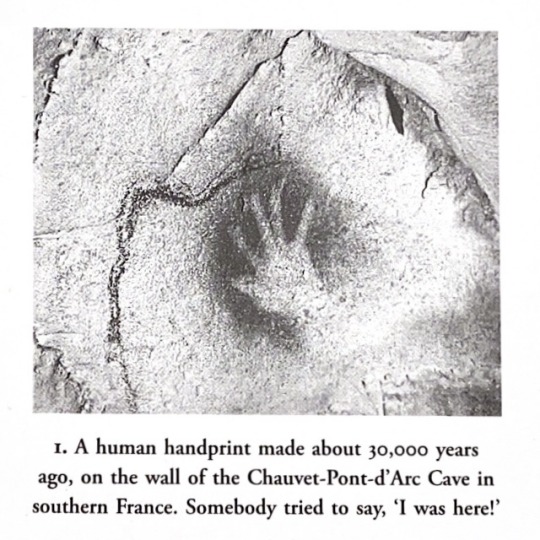
sapiens: a brief history of humankind
#currently reading#booklr#sapiens#sapiens: a brief history of» humankind#yuval noah harari#history#science#nature#literature#humankind#my scan
9K notes
·
View notes
Text
Science of Reading is the pushback against this. If you suddenly see people trash-talking Science of Reading, please know that they are trash-talking phonics.
(SoR starts by helping kids hear the different sounds in English (phonemic and phonological awareness) and then they link those sounds to letters (phonics).)
I've seen people say that SoR is too dry, prescriptive, etc and that it will destroy kids' love of reading.
(SoR uses 'decodable books' aka books that only have the sounds and letter combos that kids recognize as a way for kids to practice those letters and sounds. As kids learn more, the books become more complex. SoR does not replace all books with decodables. Teachers still read fun books to kids.)
Balanced literacy also gave more control to teachers and was supposed to be more fun than phonics and do a better job of creating a desire to read. I'm simplifying a lot and probably leaving out key points. I'm not a balanced literacy fan, but I think it is important to note that it wasn't created as a way to screw over kids. People genuinely thought it would work. Some people are still ardent defenders and claim it does work. So, don't assume malice.
Anyway. Education is always getting politicized and people push back against really good strategies and programs because politics or will demonize innovations until no one understands what the thing actually is (and then refuse to believe when told the truth; see 'Common Core math'). So. Remember. Science of Reading = Phonics.
(Okay, technically, it is phonemic awareness (sounds, including rhymes), phonics (sounds+letters), fluency, comprehension, and vocabulary. All of these work together. For example, fluency is the ability to read smoothly with proper inflection. It can be hard to read with true fluency if you do not comprehend what you're reading.)
Here is an activity I've seen in classrooms:
Earlier version: Start with Cat. Change the 'kuh' to a 'buh.' What's the new word? // BAT! // Great job! Now change the 'buh' to a 'muh.' What's the new word? // MAT!
Later version: What's this word? [shows written word] // If we change the C to a B, what's the new word? // BAT! // Excellent! Now change the A to an E. // BET!
Learn sounds first and then connect sounds to letters. While also reading lots for fluency, learning new words, and answering questions about texts. Etc.
(A comprehension lesson might be the teacher asking students questions while reading a book to the class. How do you think MC feels? Why? What's going to happen next? etc).
Do not let anyone poison the idea of Science of Reading. You know they're going to try.

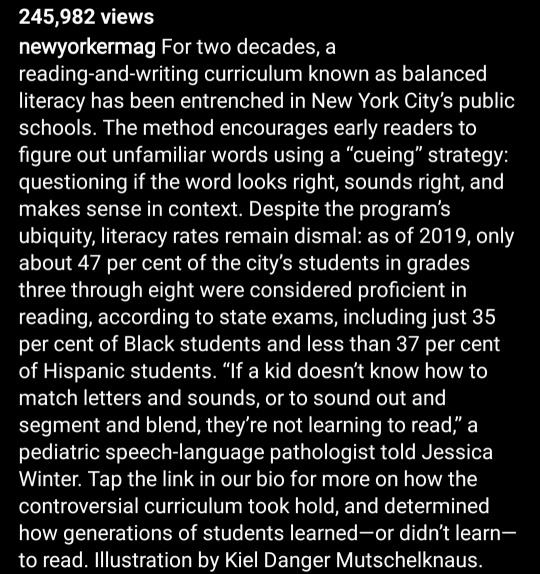
This explains so much about why 20 somethings are just unable to read to any level of complexity beyond a tweet. The miserable failure of US pedagogy
30K notes
·
View notes
Text

Don't worry, they're into that.
(Want to know if this ancient sea god of destruction gets more belly paps? Or perhaps...a kiss? Find out in Tiger Tiger!)
#tiger tiger#ludovica bonnaire#luck#I feel a strong need to loudly resume my Tiger's propaganda to remind people that the comic is BACK.#It technically never left but it's here and it's still a deeply queer and delightful story set on the high seas.#There has been a lot going on behind the scenes for the creator and if you love art and comics - please consider supporting this one.#Petra works so hard to create amazing comics! And the community is so wonderful!#Join us! Join us on the high seas!#I admit to having taking a hiatus from reading for a while...I am going to make up for it as much as I can.#Sausage is so delightfully *shaped*...I too would doll them up like Ludo did.#This comic has been in my wips for ages - I still feel like I couldn't pull off what I wanted but done is better than nothing at all.#I want to yell about them so badly but I'm simply not equipped to draw the cool ancient god stuff. I'm trying....I will learn...#They are both the hot girlfriend letting the other do mad science on the other. No other way to describe it.
1K notes
·
View notes